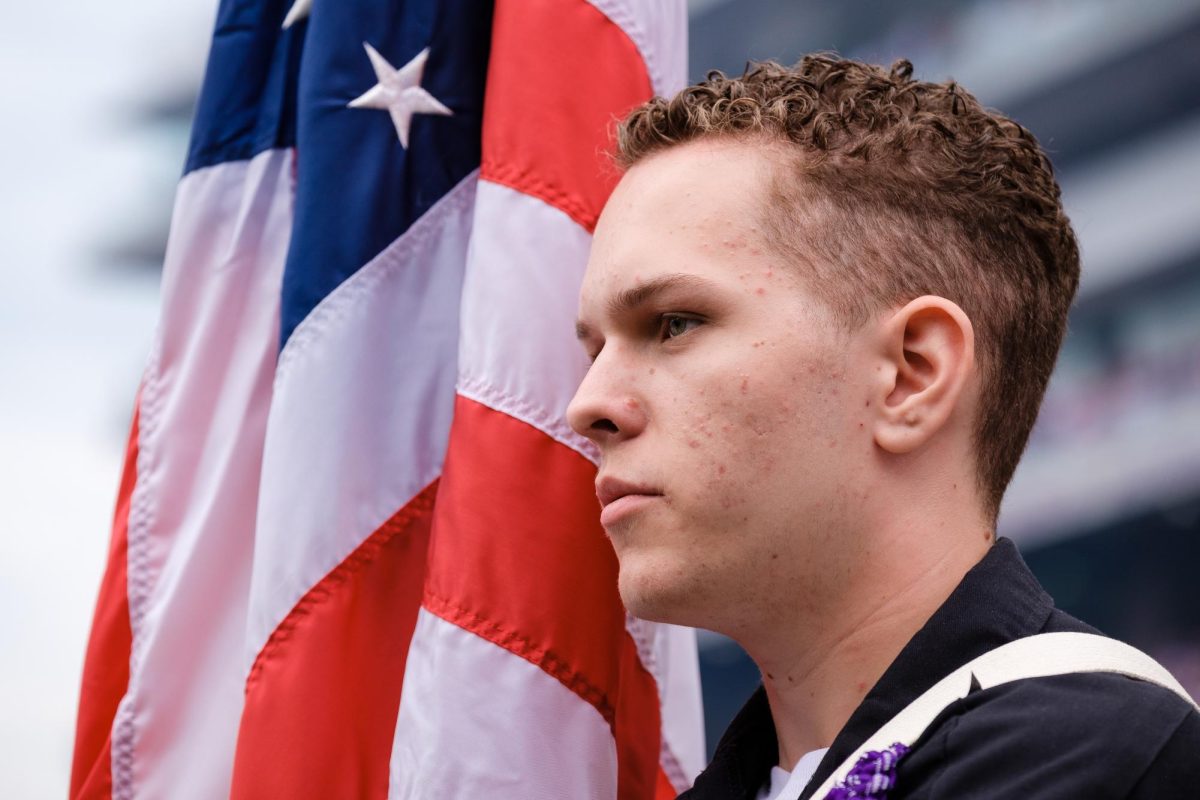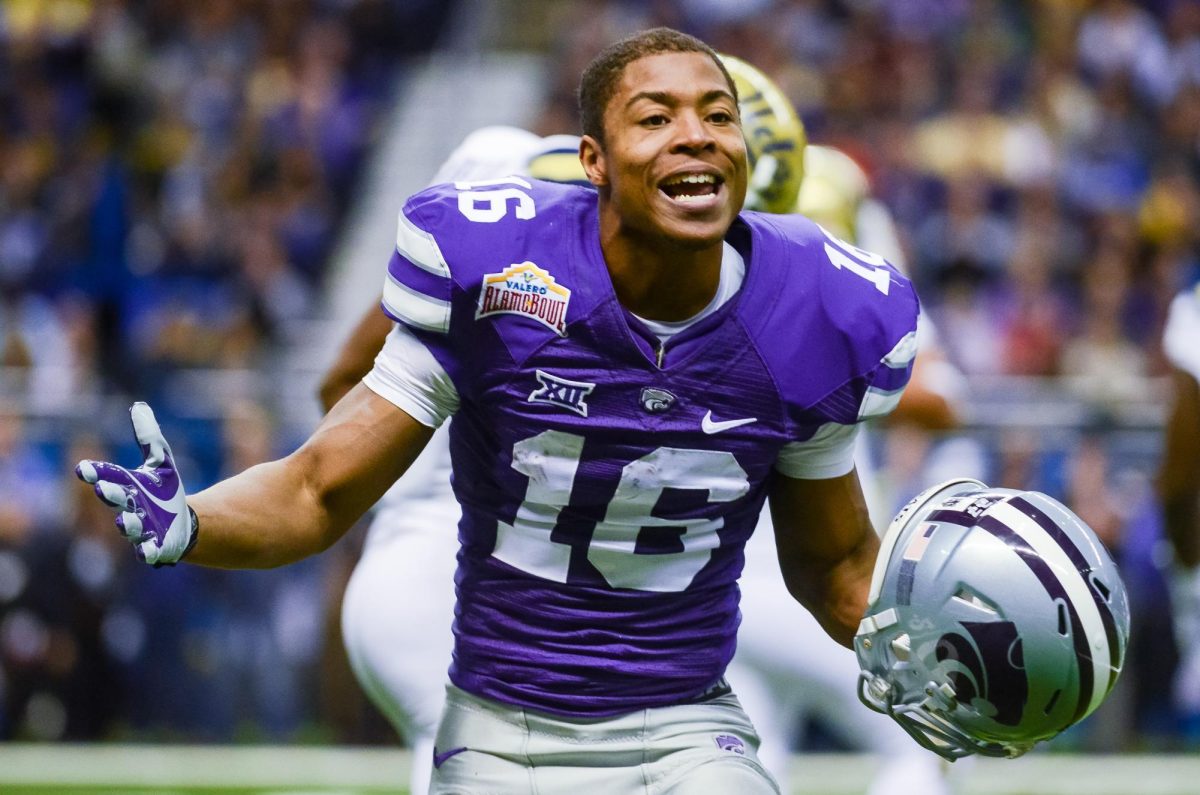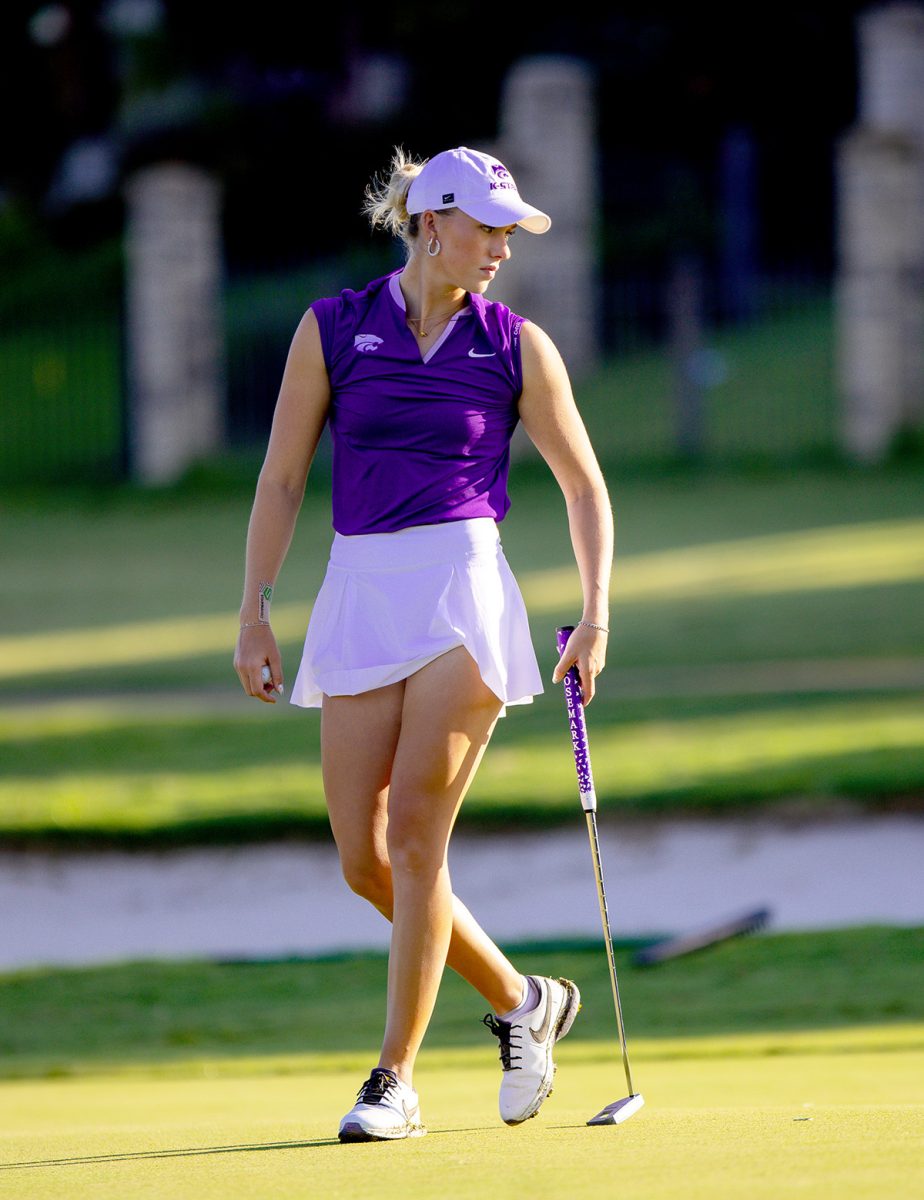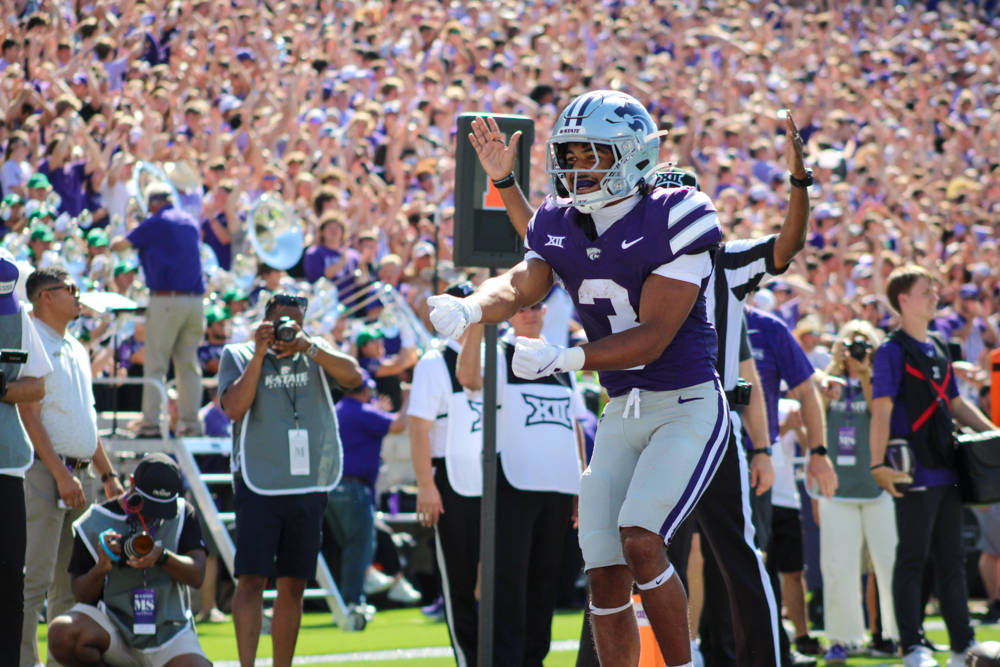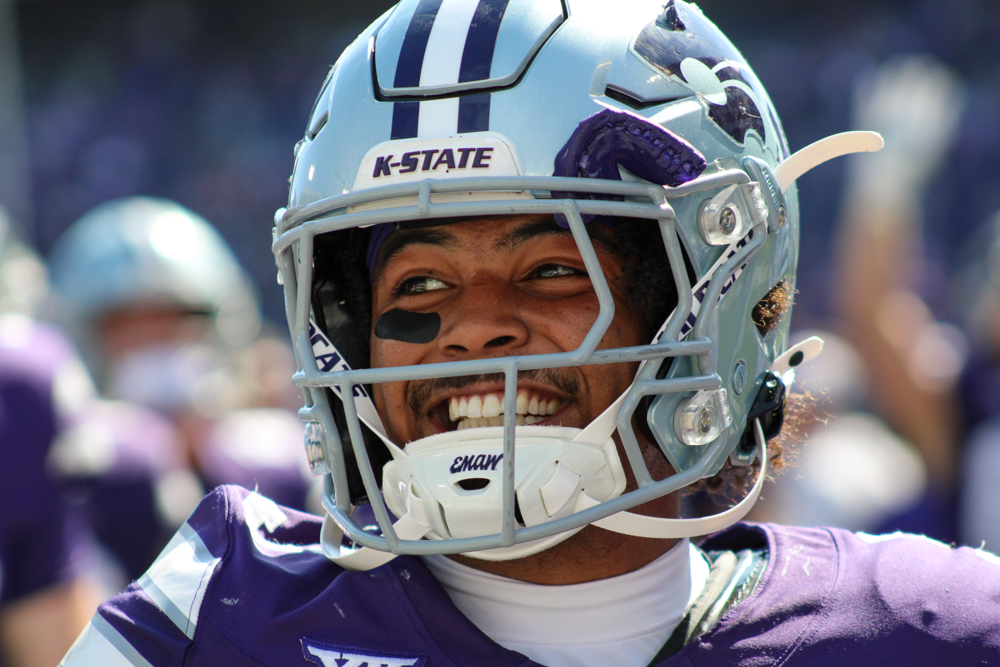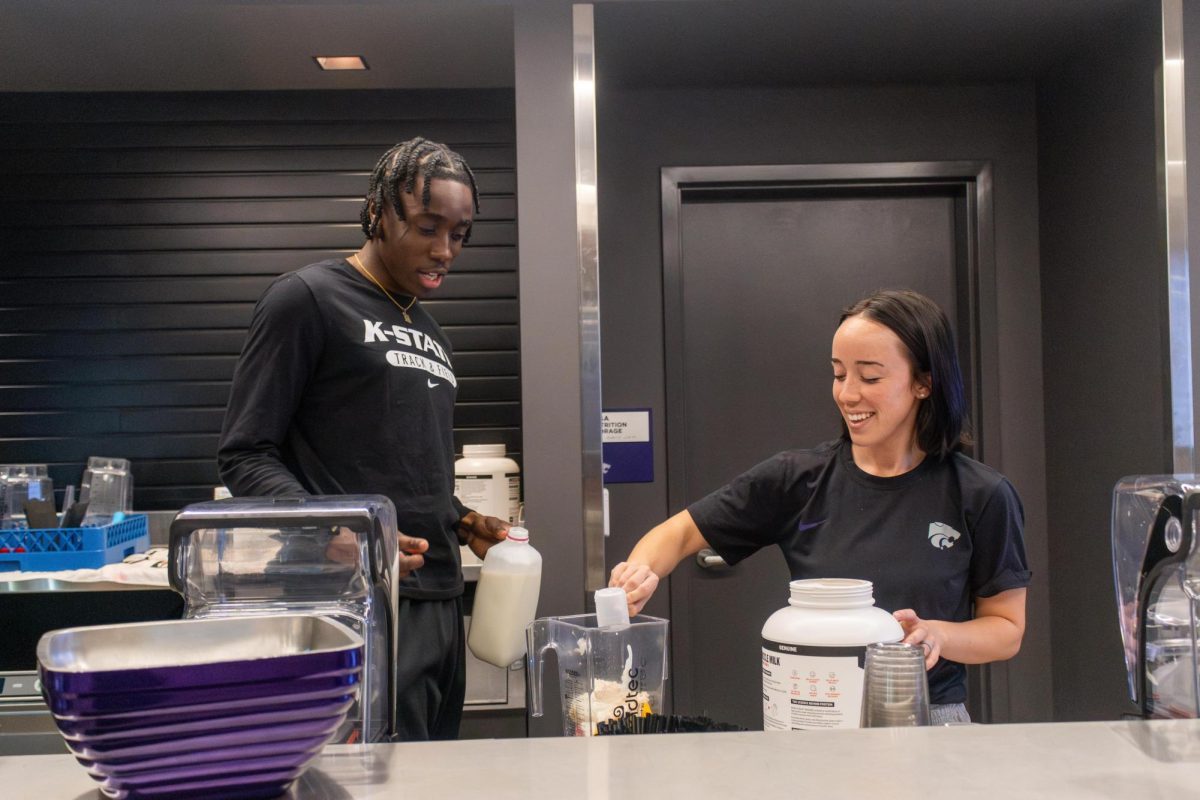Collegiate athletes require mental and physical strength, training daily and pushing their bodies to the limit in practice and competition. If athletes don’t fuel their body properly, their performance will not reach its highest potential, and they could be susceptible to injury.
“I tell my recruits and I tell my athletes that when it comes to their performance pyramid, nutrition is always at the base,” sports nutritionist LaReine Schock-Leonard said. “So if we don’t get our nutrition right, whether that’s meeting your energy needs — so having enough calories in your body to make it through the workout — or meeting your nutrient needs so that your body can actually perform essential functions, everything else is gonna suffer.”
Fortunately, athletes at Kansas State have access to multiple resources to help reach their nutrient and energy needs.
“During the school year we are able to meet with a registered dietician, a sports medicine doctor at Lafene, and have access to the Athletic Training room at the VOT [Volleyball Olympic Training] to take care of our bodies, as well as a sports psychologist to help athletes with our mental health,” rower Lindsey DeVruegd said.
One of the main points of contact for athletes, Schock-Leonard’s job is often busy and varies day to day.
“I’m pretty much in constant communication with sports psych since they’re next door to me and with our athletic trainers downstairs in our strength coaches, so just checking in about any sort of athletes of concern, any new injuries, things like that,” Schock-Leonard said.
Along with communicating with colleagues and providing counseling sessions for athletes, Schock-Leonard educates each team on proper ways to fuel their bodies.
“So we do cooking classes, we do grocery store tours, we do team education … five-to-10 minutes at a time with little bits, but I have education in the fueling station on our social media pages, and I cannot walk through this building without at least one track kid, usually, asking me a question,” Schock-Leonard said.
Although athletes have several options to increase their nutrition, there are still difficulties to keeping an athlete fully healthy. For DeVreugd, her biggest obstacle is getting enough sleep each night.
“Being in grad school and also being a student athlete is a huge time commitment, so I often find myself with little free time throughout the day to catch up on my own homework, so I am up late doing it,” DeVruegd said. “This obviously affects most aspects of my health from mental health to muscle recovery and just overall well-being.”
Fortunately, athletes with nutrition or exercise-related majors can apply what they learn in the classroom to their daily lives.
“Part of why I love rowing and being a kinesiology major is because I can see how what I’m learning in class impacts my team,” DeVruegd said. “I think part of why I like the training so much is because I have been able to learn why we do each workout and how it can benefit our team in the long run.”
Athletes can receive a plethora of advice to improve their health and overcome challenges.
“I would say pay attention to education,” Schock-Leonard said. “Social media is full of people who know absolutely nothing about nutrition but are very convincing, and so use an actual registered dietician as your information source rather than some dude with a six-pack on TikTok.”


